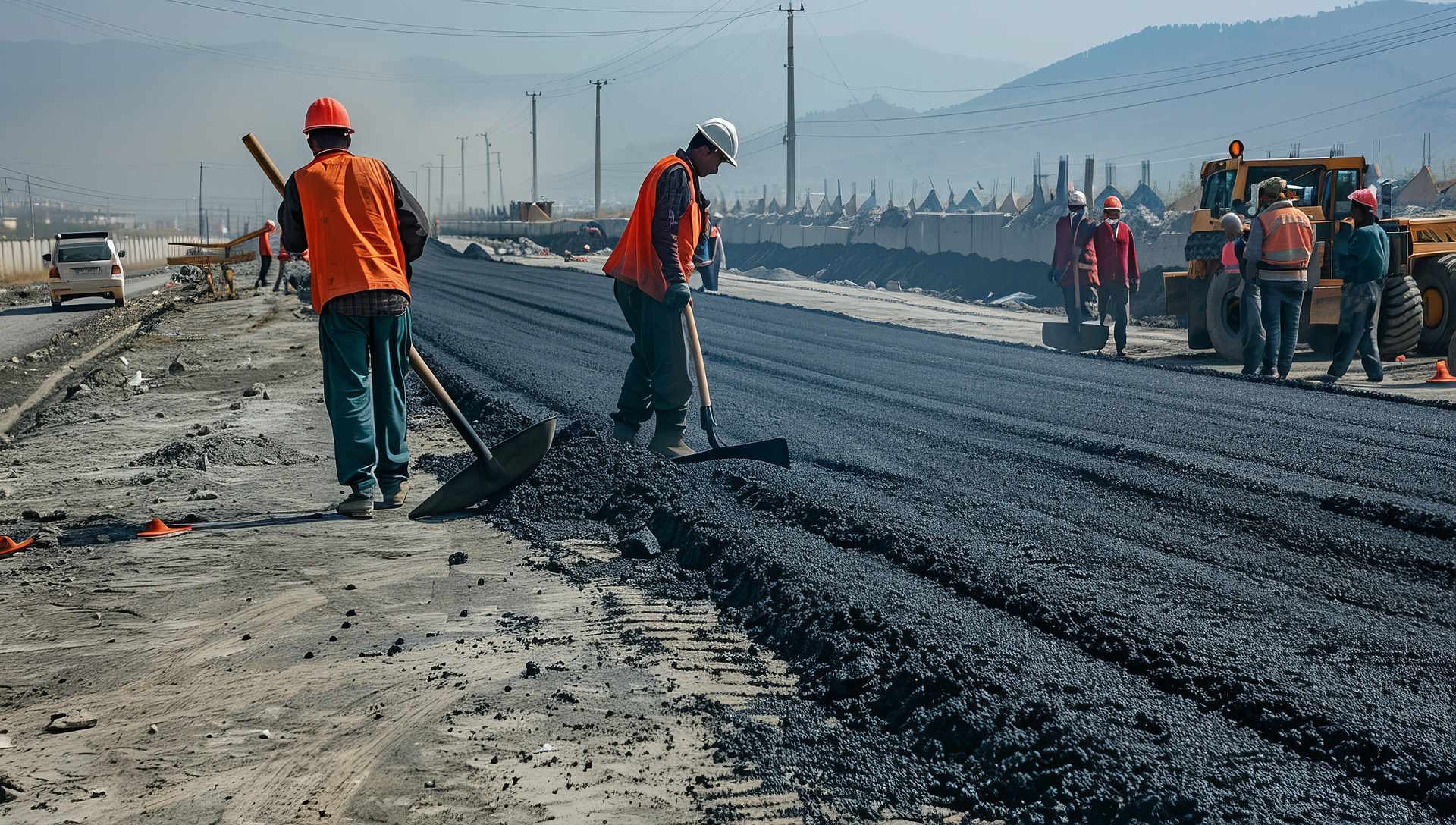Paving Companies: Understanding Asphalt and Concrete Construction
Paving companies play a crucial role in constructing and maintaining various surfaces, from roads and highways to driveways and parking lots. These specialized firms utilize materials like asphalt and concrete to create durable, smooth surfaces that withstand heavy traffic and environmental factors. Understanding the services and processes involved in paving can help property owners and municipalities make informed decisions about their construction projects.
-
Concrete paving: Pouring and finishing concrete for various applications, including sidewalks and industrial floors.
-
Resurfacing: Applying a new layer of asphalt or concrete over existing surfaces to restore smoothness and durability.
-
Crack sealing and pothole repair: Addressing damage to existing paved surfaces to extend their lifespan.
-
Sealcoating: Applying a protective layer to asphalt surfaces to prevent water damage and oxidation.
-
Striping and marking: Painting lines, arrows, and other markings on parking lots and roads for traffic management.
These services cater to both residential and commercial clients, as well as government entities responsible for public infrastructure.
How do paving companies approach road construction projects?
Road construction is a complex process that requires careful planning and execution. Paving companies typically follow these steps when undertaking a road construction project:
-
Site preparation: Clearing the area, grading the surface, and establishing proper drainage.
-
Base layer installation: Laying down a foundation of compacted gravel or crushed stone.
-
Paving material application: Spreading and compacting asphalt or pouring and finishing concrete.
-
Curing and cooling: Allowing the paved surface to set and harden properly.
-
Quality control: Conducting tests to ensure the road meets specifications for smoothness and durability.
-
Finishing touches: Adding road markings, signage, and any required safety features.
Throughout the process, paving companies must adhere to local regulations and industry standards to ensure the safety and longevity of the constructed road.
What are the differences between asphalt and concrete for driveway paving?
When it comes to driveway paving, homeowners often choose between asphalt and concrete. Each material has its own set of advantages and considerations:
Asphalt:
-
Typically less expensive than concrete
-
Faster installation and curing time
-
Better performance in cold climates due to flexibility
-
Easier to repair and resurface
-
Darker color may hide stains and tire marks
Concrete:
-
Longer lifespan (20-30 years compared to 15-20 for asphalt)
-
More design options, including stamped and colored concrete
-
Lower maintenance requirements
-
Better suited for hot climates
-
Lighter color reflects heat and can reduce cooling costs
The choice between asphalt and concrete often depends on factors such as climate, budget, aesthetic preferences, and long-term maintenance considerations.
How do paving companies ensure quality and durability in their work?
Paving companies employ various techniques and quality control measures to ensure the longevity and performance of their work:
-
Material selection: Using high-quality asphalt or concrete mixes tailored to specific project requirements.
-
Proper compaction: Ensuring optimal density of the paving material to prevent future settling or cracking.
-
Temperature control: Maintaining appropriate temperatures during asphalt paving to achieve proper bonding and durability.
-
Thickness testing: Verifying that the paved surface meets specified thickness requirements.
-
Smoothness testing: Using specialized equipment to measure surface evenness and ride quality.
-
Drainage considerations: Implementing proper slopes and drainage systems to prevent water damage.
-
Ongoing education: Staying updated on industry best practices and new technologies through training and certifications.
By adhering to these quality control measures, paving companies can deliver durable surfaces that meet or exceed client expectations and industry standards.
What factors influence the cost of paving projects?
The cost of paving projects can vary significantly based on several factors. Understanding these variables can help clients budget more accurately for their paving needs:
-
Type of material (asphalt vs. concrete)
-
Project size and scope
-
Site preparation requirements
-
Accessibility of the work area
-
Local material and labor costs
-
Complexity of the design (for decorative concrete or specialty paving)
-
Additional features such as curbing or drainage systems
-
Time of year and weather conditions
-
Permit and inspection fees
| Project Type | Average Cost Range (per square foot) | Factors Affecting Cost |
|---|---|---|
| Asphalt Driveway | $2 - $5 | Size, base preparation, drainage |
| Concrete Driveway | $4 - $8 | Thickness, finish type, reinforcement |
| Asphalt Road | $3 - $7 | Traffic load, width, subgrade condition |
| Concrete Road | $6 - $10 | Thickness, reinforcement, finish quality |
| Parking Lot (Asphalt) | $2.50 - $4.50 | Size, striping, drainage systems |
Prices, rates, or cost estimates mentioned in this article are based on the latest available information but may change over time. Independent research is advised before making financial decisions.
Paving companies play a vital role in creating and maintaining the infrastructure that supports our daily lives. From residential driveways to major highways, these specialized firms utilize their expertise in materials, construction techniques, and quality control to deliver durable and functional paved surfaces. By understanding the services offered, construction processes, and factors influencing project costs, property owners and municipalities can make informed decisions when undertaking paving projects, ensuring long-lasting and cost-effective results.







